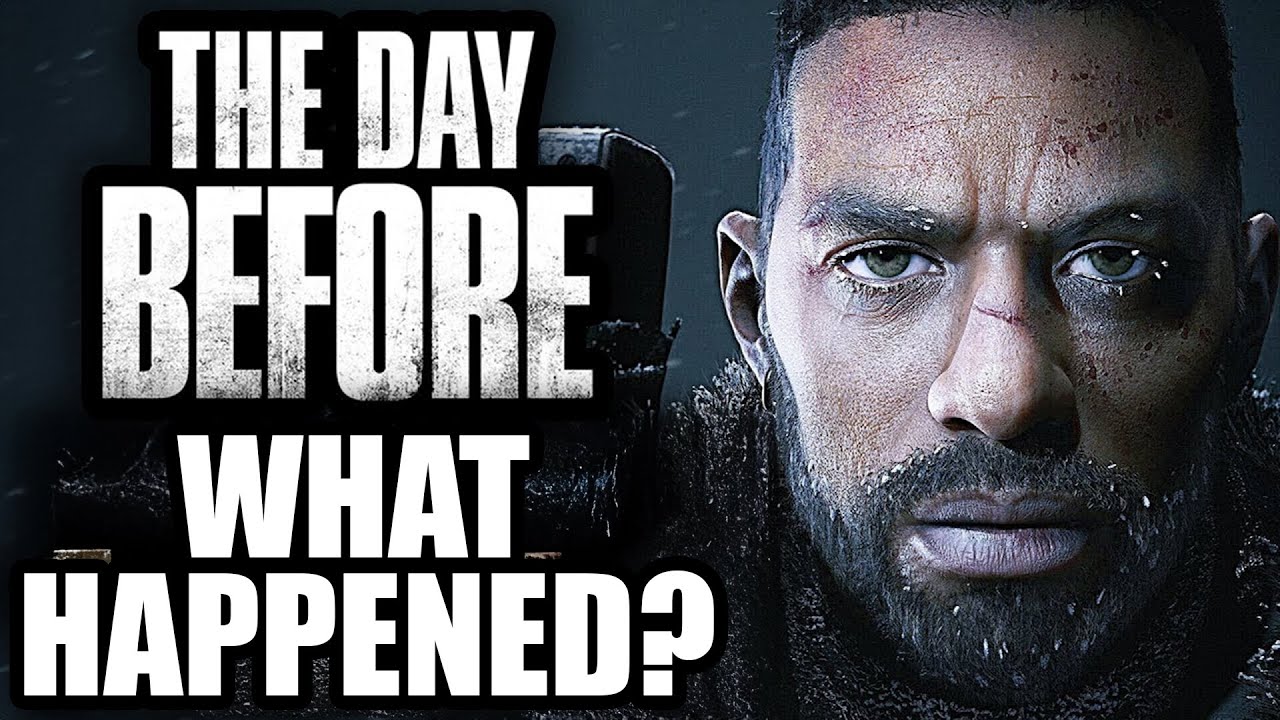
Trust between fans, creators, and game publishers is a fickle mistress. It can easily be broken, leading fans to feel misused and betrayed when their favorite creator misleads them into purchasing a disappointing game. No situation captures the unstable bond between creator and fan better than the recent scandal behind Fntastic studio, which recently announced its closure after releasing its massively-hyped but ultimately-broken game, “The Day Before.”
Gamers love to imagine themselves as the last holdouts in a post-apocalyptic world full of danger and gnawing corpses. It’s why “Left 4 Dead” and “The Last of Us” are considered masterpieces years after their initial release.
“The Day Before” was first revealed in 2021 in a now-deleted teaser trailer: full of high-stakes action, third-person combat, and zombie shooting, it generated so much fan hype that the game shot to the top of Steam’s most-wished list, meaning hundreds of thousands of gamers would receive any updates about the game’s expected launch.
Some X users who viewed the trailer at the time were “stoked and excited” and felt it “looks suspiciously good.” Others remained skeptical. “I’d love the trailer for ‘The Day Before’ to be true and real,” wrote one X user. “But let’s be honest, we know it won’t.”
Early signs started to show that the Russian-based developer might not be able to live up to the hype. Their studio mainly made smaller games like 2018’s point-and-click adventure “Radiant One” and 2021’s survival game where you turn into props “Propnight.”
Originally slated for 2022, it was pushed back to March 2023 and then November 2023, with Fntastic claiming on X that “Steam blocked our game page” because someone else had the “trademark.” After resolving their issue with Steam, the game had one more delay before being released on Dec. 7.
On its release, “The Day Before” sold extremely well, having a peak concurrent player high of 30,000, according to Steam Charts.
But once the hysteria wore out, players realized that Fntastic had oversold and under-delivered on its product. Promised a fully open-world survival game with crafting, collecting, and a limitless zombie horde to slaughter, users found themselves immersed in a janky, broken game. Even more gallingly, some of Fntastic’s assets were purchased online from other creators in an asset pack worth about $300 from the Steam marketplace.
It wasn’t just bad. It was shockingly terrible, falling miles short of the open-world survival massive multiplayer promise that the studio gave two years before. Gamers were quick to dunk on the title, like god-tier gaming YouTuber VideoGameDunkey, who released his own terrible experience to 1.9 million viewers in a day. On social media, users called the game a “scam” and “disaster,” fueling the hate.
Fntastic announced they were closing their doors just four days after “The Day Before” launched. In response to one user on X who called the studio “an absolute disgrace to the video game industry,” the studio responded, “This was our first big experience. Shit happens.”
It’s unclear if those who purchased the game will receive a refund. But the studio wrote on X that they are “currently working with Steam” and they “received $0 and will receive nothing from ‘The Day Before’ sales.”
The gaming space is no stranger to over-hyped titles falling incredibly short. Just this year, Daedalic Entertainment released “The Lord of the Rings: Gollum” to such universal disdain that they had to release an apology on X. Its failure led to the studio laying off 25 employees who had worked over time and crunched to get the game done on time. But while Daedalic Entertainment’s ‘precious’ game failed because of unrealistic demands from upper management and a stretched-thin workforce, “The Day Before” seems to be the product of greedy developers thinking they could get away with releasing a half-assed product.
The gamers who fell for the promise of this zombie game are feeling hurt and misguided, and the trust that Fntastic earned with that first trailer is now destroyed. In the age when crowdfunding off a single trailer or image can earn millions of dollars, the trust that consumers have is incredibly valuable. There are too many examples of over-promised and under-delivered games: It’s been over a decade since Ouya raised $8.6 million dollars promising a next-gen console only to deliver a glorified Android App store, and the stigma still remains.
It’s unclear how “The Day Before” devs botched this so badly, but there’s a lesson to learn. Hype can be an amazing profit generator, but too much excitement can lead fans to expect the world of your content. If you can’t deliver what they want, they’ll turn on you like zombies in a populated city.




